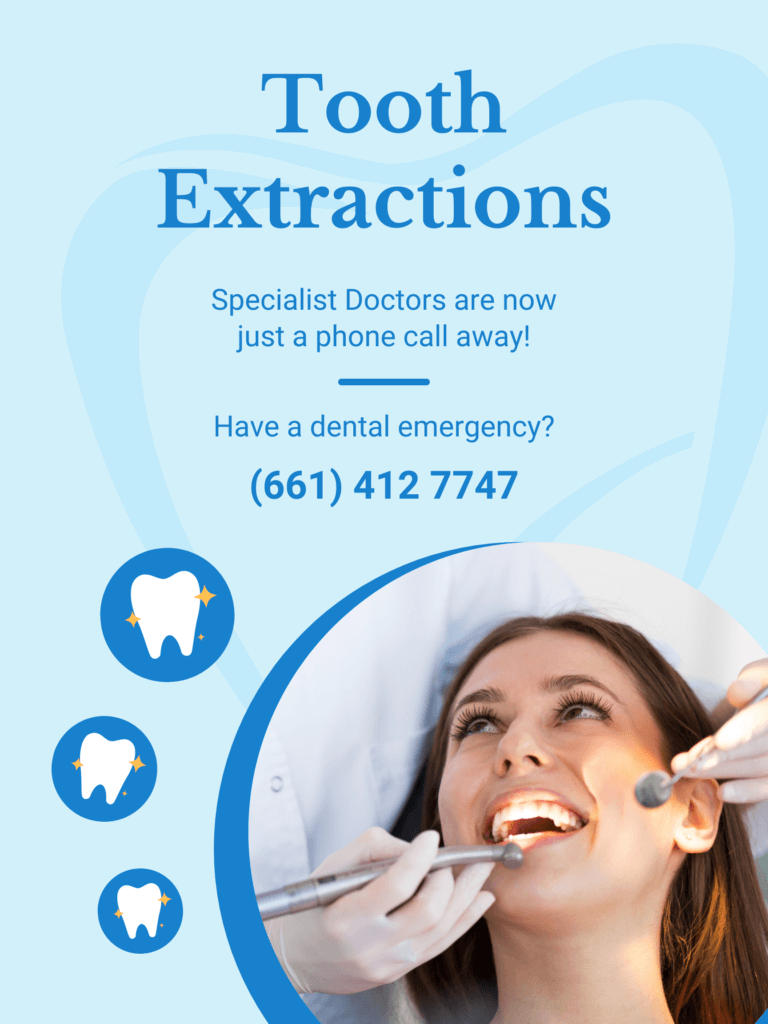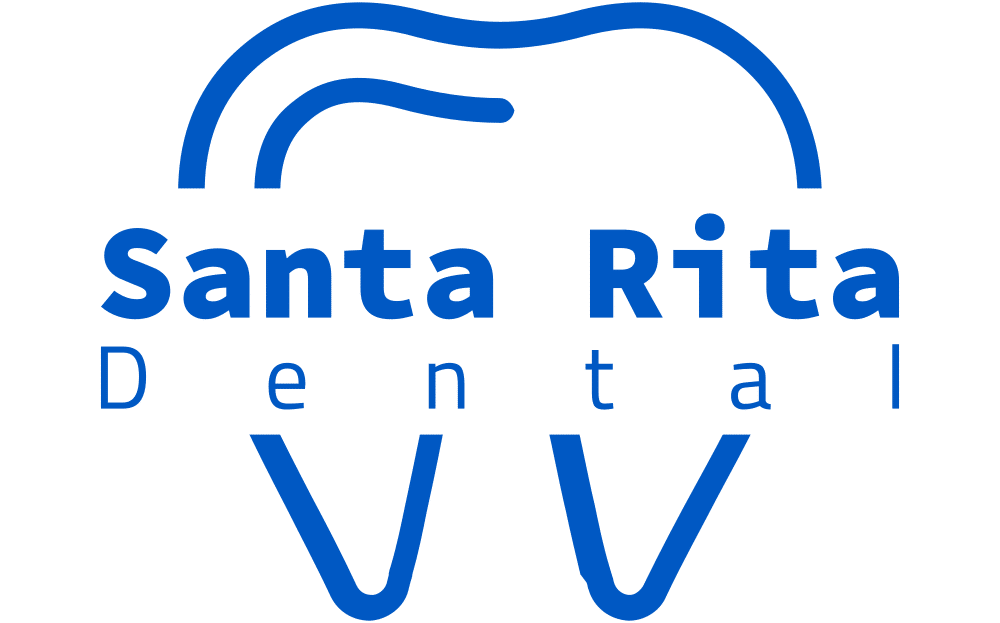
Tooth or dental extraction removes a tooth from its socket in the jawbone. While removing a tooth can be daunting, it is a common dental procedure often necessary to protect oral health. There are several reasons why a tooth may need to be extracted, and some risk factors can increase the likelihood of needing a tooth extraction. This blog post will discuss the reasons for tooth extractions and related risk factors in adult patients.
Reasons for Tooth Extractions
There are several reasons why a tooth may need to be extracted, including:
1. Decay: If a tooth is severely decayed and cannot be saved with a filling or crown, it may need to be extracted.
2. Gum disease: Advanced gum disease can cause teeth to become loose; sometimes, they may need to be extracted.
3. Crowding: If there is not enough space in the mouth for all teeth, some teeth may need to be extracted to create more space.
4. Impacted teeth: When a tooth cannot emerge properly, it may become impacted and need to be extracted.
5. Damage: If a tooth is severely damaged or broken, it may need to be extracted.
Related Risk Factors
Several risk factors can increase the likelihood of needing a tooth extraction, including:
1. Poor oral hygiene: Poor oral hygiene can lead to decay and gum disease, which can increase the likelihood of needing a tooth extraction.
2. Smoking: Smoking can increase the risk of gum disease, leading to tooth extractions.
3. Age: Older adults are more likely to need a tooth extraction due to the natural wear and tear on the teeth over time.
4. Diabetes: Diabetes can increase gum disease risk, leading to tooth extractions.
5. Medications: Some medications can increase gum disease risk, leading to tooth extractions.
Caring for Your Mouth After a Tooth Extraction
After tooth extraction, following your dentist’s instructions for caring for your mouth is essential. This may include:
1. Apply ice to the affected area to reduce swelling.
2. Avoid solid foods for the first few days after the extraction.
3. Rinsing your mouth with salt water to help promote healing.
4. Avoid smoking or using tobacco products for at least 24 hours after the extraction.
5. Take pain medication as prescribed by your dentist.
In conclusion, tooth extractions are a common dental procedure often necessary to protect oral health. There are several reasons why a tooth may need to be extracted, and some risk factors can increase the likelihood of needing a tooth extraction. Following your dentist’s instructions for caring for your mouth after tooth extraction can help ensure a quick and successful recovery.
Please feel free to contact us today to book your free consultation.

0 Comments